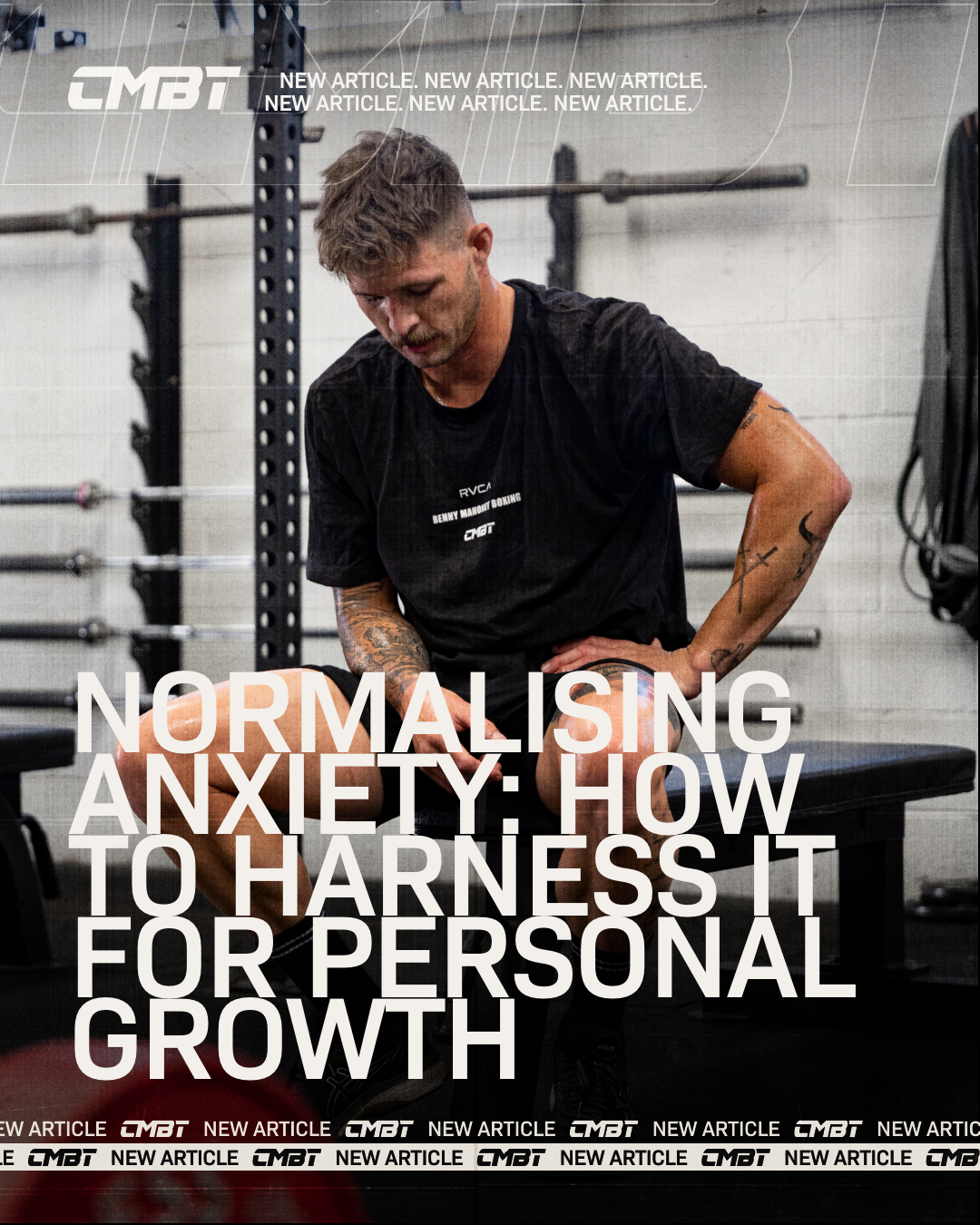Have you ever thought about the role your physical environment plays when it comes to your mental health?
Our lives are deeply entwined with our physical environment. From the places we call home to the people we interact with daily and the objects we surround ourselves with, our surroundings have a significant impact on our mental well-being. Understanding this relationship can help us recognise when our surroundings are negatively impacting our mental health and make conscious choices to create a nurturing environment that promotes emotional well-being.
In this article, we’ll explore the intricate relationship between our environment and mental health, shedding light on how simple changes can have a profound impact on our overall happiness and mental balance.
THE IMPACT OF YOUR ENVIRONMENT
Your home
Our homes, where we spend a significant portion of our lives, have a profound influence on our mental health. A cluttered and chaotic living space can lead to feelings of overwhelm and stress, while an organised and well-maintained home can foster a sense of peace and relaxation.
The colours, lighting, and design of our living spaces can also impact our mood. Bright and warm colours can create a welcoming atmosphere, while natural light can boost our energy and mood. By purposefully decorating our homes with our mental well-being in mind, we can create a haven for ourselves.
Your surroundings
In our increasingly urbanised and technologically focused world, the disconnection from nature has become more prevalent. Nature has a remarkable therapeutic effect on our mental health. Exposure to green spaces, whether it's a walk in the park or a weekend camping trip, can reduce stress and anxiety, improve mood, and increase our overall sense of well-being. Studies have shown that time spent in nature lowers cortisol levels, the stress hormone, and boosts the production of serotonin, a neurotransmitter associated with happiness.
In addition, natural settings encourage physical activity, helping people maintain a healthier lifestyle. Regular exercise has been proven to alleviate symptoms of depression and anxiety.
Your social connections
Our social connections are another fundamental element of our environment that profoundly affects our mental health. The people we interact with, be it family, friends, or colleagues, can either lift us up or bring us down. Toxic relationships and negative influences can lead to feelings of anxiety, depression, and low self-esteem. Conversely, nurturing and supportive relationships can act as a shield against the challenges of life.
Supportive social networks provide a sense of belonging and emotional security, making us more resilient to the challenges that life may throw at us. These connections offer opportunities for open communication and sharing, which are essential for maintaining good mental health. Studies have repeatedly shown that people with strong social support systems are better equipped to manage stress and overcome mental health challenges.
Your possessions
In our consumer-driven society, the possessions we accumulate can also impact our mental well-being. Materialism and the pursuit of possessions can lead to feelings of emptiness, inadequacy, and increased stress. The constant desire for more, better, and newer things can create a cycle of discontent, as we are conditioned to never be satisfied with what we have.
In contrast, adopting a minimalist approach can have a positive impact on mental health. Simplifying our lives, decluttering our spaces, and focusing on the things that truly matter can reduce stress and increase contentment. Letting go of the endless pursuit of material possessions allows us to direct our energy towards experiences, relationships, and personal growth, which are more meaningful sources of happiness.
Your relationship with technology
Technology is an integral part of our lives. While it undoubtedly provides numerous benefits, excessive screen time and social media use can lead to mental health challenges. The constant barrage of information and comparison on social media can fuel anxiety and feelings of inadequacy. Additionally, the blue light emitted from screens can disrupt our sleep patterns, contributing to mood disturbances.
It's essential to strike a balance in our relationship with technology. Setting boundaries, doing regular digital detoxes, and using technology mindfully can help mitigate its negative impact on our mental health.
SIGNS THAT YOUR ENVIRONMENT ISN’T SERVING YOU
Recognising when your environment is negatively impacting your mental health is crucial. Here are some signs to watch out for:
- Chronic stress: If you consistently feel overwhelmed, anxious, or irritable, your environment may be a contributing factor.
- Poor sleep: Sleep disturbances, such as difficulty falling asleep or staying asleep, may be related to an uncomfortable or disorganised sleeping environment.
- Low energy and motivation: If you constantly struggle to find motivation or feel lethargic, it may be due to your surroundings.
- Social isolation: A lack of social interaction and connection within your environment can lead to loneliness and depressive feelings.
- Physical health issues: Not having access to a healthy living space may result in physical health problems that can impact your mental well-being.
CREATING A NURTURING ENVIRONMENT FOR MENTAL WELL-BEING
Now that we've established the impact of our environment on mental health, here are some practical suggestions to help you create a more nurturing space:
- Regularly declutter and organise your living space: A clean and organised environment can create a sense of calm and order in your life. Position your workspace or living areas to receive natural light. It can improve your mood and regulate your sleep-wake cycle. Consider using light-coloured paint to maximise the reflection of natural light.
- Cultivate nurturing relationships: Do an honest assessment of the people you spend the most time with and how they make you feel. Surround yourself with people who uplift and support you while distancing yourself from toxic or draining influences.
- Spend time in nature: Regularly immerse yourself in natural surroundings to reduce stress and reconnect with your inner self. Incorporate natural elements into your surroundings, such as indoor plants or nature-inspired decor.
- Try minimalism: Reflect on your consumption patterns and prioritise experiences and relationships over possessions. Remove anything from your environment that doesn’t serve a purpose or bring you joy.
- Set boundaries when it comes to technology: Monitor your screen time, turn off unnecessary notifications, and avoid using devices before bed or as soon as you wake up.
The impact of our environment on our mental health is undeniable. Our home, our surroundings, our social connections, our possessions, and our use of technology are intricately intertwined with our emotional well-being. By making conscious choices to create a nurturing environment, cultivate positive relationships, and adopt a more mindful approach to our consumption behaviours, we can take control of our mental health and pave the way for a happier, more fulfilling life. But it all starts with recognising the signs of when our environment is no longer serving us.
If you want to take action towards creating a more positive environment for yourself today, our CMBT Strong Program is the place for you! It will help you eat better, move more, and become more mindful so that you can unlock your true potential. Plus, you’ll be surrounding yourself with a community of like-minded people who are dedicated to achieving their goals and becoming their best selves. Click here to find out more.


















































![[VIDEO] Fuel Your Passion feat. Sami Locke](http://cmbt.com.au/cdn/shop/articles/Sami.jpg?v=1625826844&width=1600)